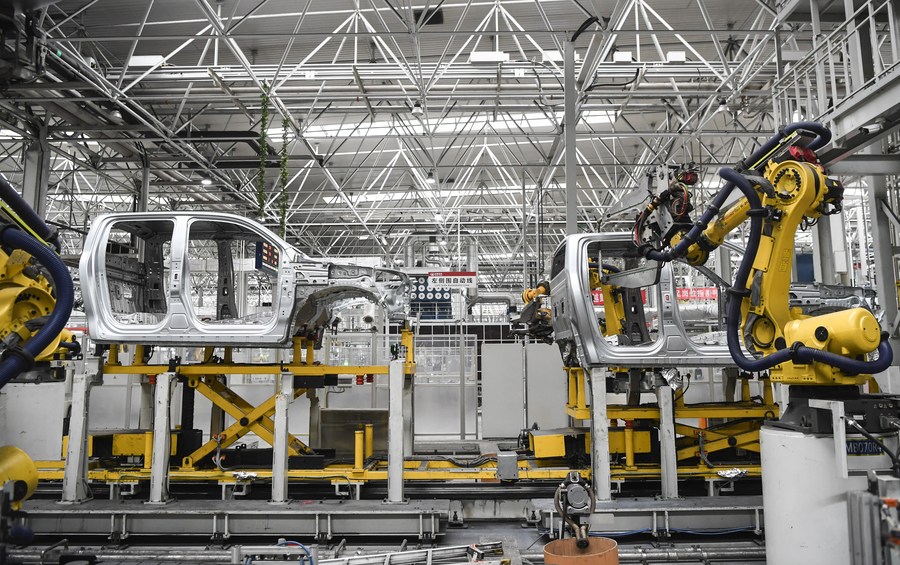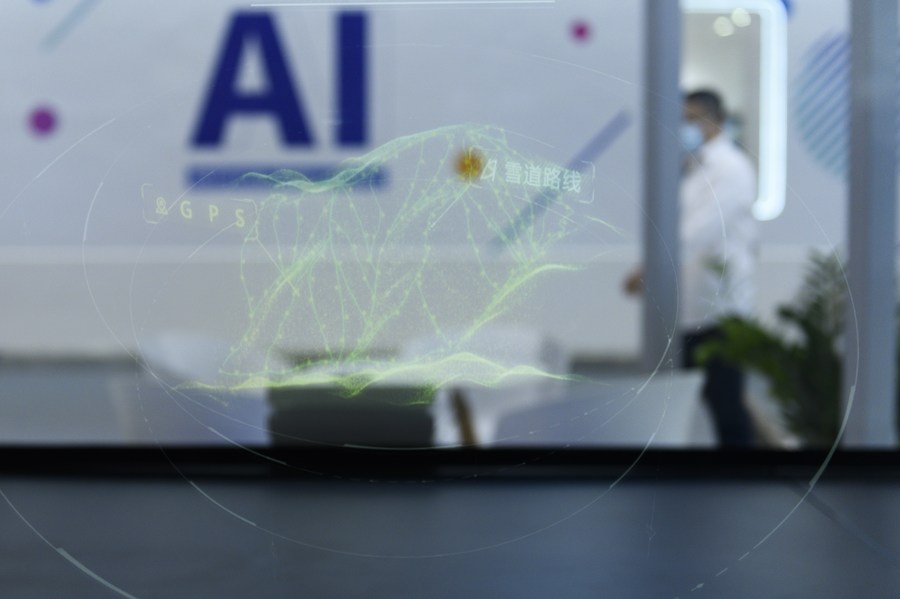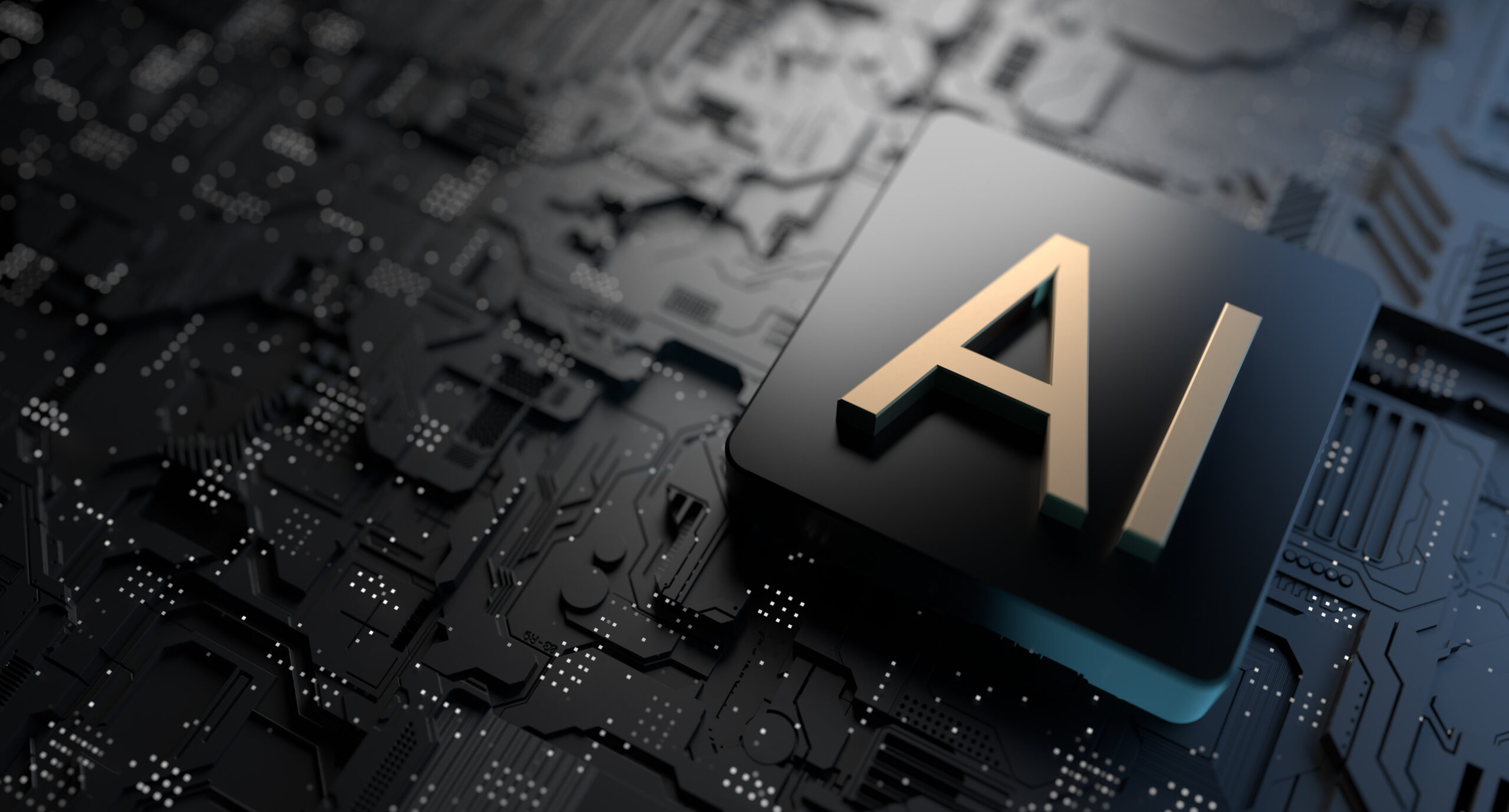The Chinese delegation at the AI Safety Summit in the UK emphasized the need for international cooperation on AI safety and governance issues, urging increased representation of developing countries in global AI governance.
The Chinese delegation attending the AI Safety Summit in the United Kingdom (UK) has called for exchange and cooperation among countries on artificial intelligence (AI) safety and international governance issues.
Wu Zhaohui, China’s vice minister of science and technology, spoke at the opening plenary session of the summit on Wednesday, and the Chinese delegation participated in discussions on AI safety and other issues.
The Chinese delegation promoted China’s Global Artificial Intelligence Governance Initiative launched at the third Belt and Road Forum for International Cooperation held in Beijing on Oct. 18, and will carry out bilateral talks with relevant countries.

The delegation underlined that the summit provides an important platform for dialogue, and opportunities for exchange and cooperation among countries on AI safety and international governance issues.
The Chinese delegation holds that AI governance has a bearing on the fate of all of humanity, and is a task to be addressed by countries around the globe.
China underlined at the summit that while developing AI, countries should actively advocate for the principles of being people-oriented and developing AI for good, strengthen technology risk management and control, and encourage all parties to cooperate and govern together on the basis of the principles of mutual respect, equality and mutual benefit.
The Chinese delegation urged all sides to enhance the representation of developing countries in the global governance of AI, and constantly bridge the intelligence gap and governance capacity gap.

In the context of multiple challenges to world peace and development, all countries should uphold a vision of common, cooperative and sustainable security for the world, the Chinese delegation said, asking all the countries to adhere to the principle of attaching equal importance to development and security, build consensus through dialogue and cooperation, build an open, fair and effective governance mechanism, and jointly promote the healthy and safe development of global AI.
The Chinese side expressed willingness to work with all parties to strengthen communication and exchanges on AI safety governance, and contribute wisdom to the formation of an international mechanism with universal participation, and a governance framework with broad consensus.
The Chinese delegation also noted that China is willing to work with all sides to implement the Global Development Initiative, the Global Security Initiative and the Global Civilization Initiative, and promote AI technology to better benefit mankind and build a community with a shared future.
Countries including the UK, United States and China on Wednesday agreed the “need for international action” as political and tech leaders gathered for the world’s first summit on artificial intelligence (AI) safety.
The UK government kicked off the two-day event at Bletchley Park, north of London, by publishing the “Bletchley Declaration” signed by 28 countries and the European Union.
In it, they agreed on “the urgent need to understand and collectively manage potential risks through a new joint global effort to ensure AI is developed and deployed in a safe, responsible way for the benefit of the global community”.
Sunak called the declaration a “landmark achievement” while King Charles III, in a video message to the summit, urged international collaboration to combat the “significant risks” of unchecked development.
“There is a clear imperative to ensure that this rapidly evolving technology remains safe and secure,” he said.
UK technology minister Michelle Donelan told AFP that the declaration “really outlines for the first time the world coming together to identify this problem”.
The announcement came shortly after the UK and United States both said they were setting up their own institutes to assess and mitigate the risks of the fast-emerging technology.
The release of the latest models have offered a glimpse into the potential of so-called frontier AI, but have also prompted concerns around issues ranging from job losses to cyber attacks and the control that humans actually have over the systems.
– ‘Timely’ –
The conference at Bletchley Park, where top British codebreakers cracked Nazi Germany’s “Enigma” code, focuses on frontier AI.
Donelan told AFP the event was a “historic moment in mankind’s history” after earlier announcing two further summits, in South Korea in six months’ time, and in France next year.
But London has reportedly had to scale back its ambitions around ideas such as launching a new regulatory body amid a perceived lack of enthusiasm.
Donelan accepted that the summit “isn’t designed to produce a blueprint for global legislation”, but was instead “designed to forge a path ahead,… so that we can get a better handle and understanding on the risk of frontier AI”.
Italian Prime Minister Giorgia Meloni was one of the only world leaders attending the conference, although tech giant Elon Musk was already present on the first day, and will talk with Sunak on Thursday.
The SpaceX and Tesla CEO told the domestic Press Association news agency that the event was “timely”.
“It’s one of the existential risks that we face and it is potentially the most pressing one if you look at the timescale and rate of advancement — the summit is timely, and I applaud the prime minister for holding it,” he said.
– ‘Talking shop’ –
While the potential of AI raises many hopes, particularly for medicine, its development is seen as largely unchecked.
US Vice President Kamala Harris urged in a speech in London on Wednesday that “we seize this moment” and “work together to build a future where AI creates opportunity and advances equity” while protecting rights.
She will attend the summit on Thursday, but lawyer and investigator Cori Crider, a campaigner for “fair” technology, warned that the event could be “a bit of a talking shop.
“If he were serious about safety, Rishi Sunak needed to roll deep and bring all of the UK majors and regulators in tow and he hasn’t,” she told a San Francisco news conference.
Ahead of the meeting, the G7 powers agreed on Monday on a non-binding “code of conduct” for companies developing the most advanced AI systems.
In Rome, ministers from Italy, Germany and France called for an “innovation-friendly approach” to regulating AI in Europe, as they urged more investment to challenge the United States and China.
China was also due to be present, but it was unclear at what level.
News website Politico reported that London had invited President Xi Jinping to signify its eagerness for a senior representative.
The invitation has raised eyebrows amid heightened tensions between China and Western nations and accusations of technological espionage.
Shayne Heffernan








